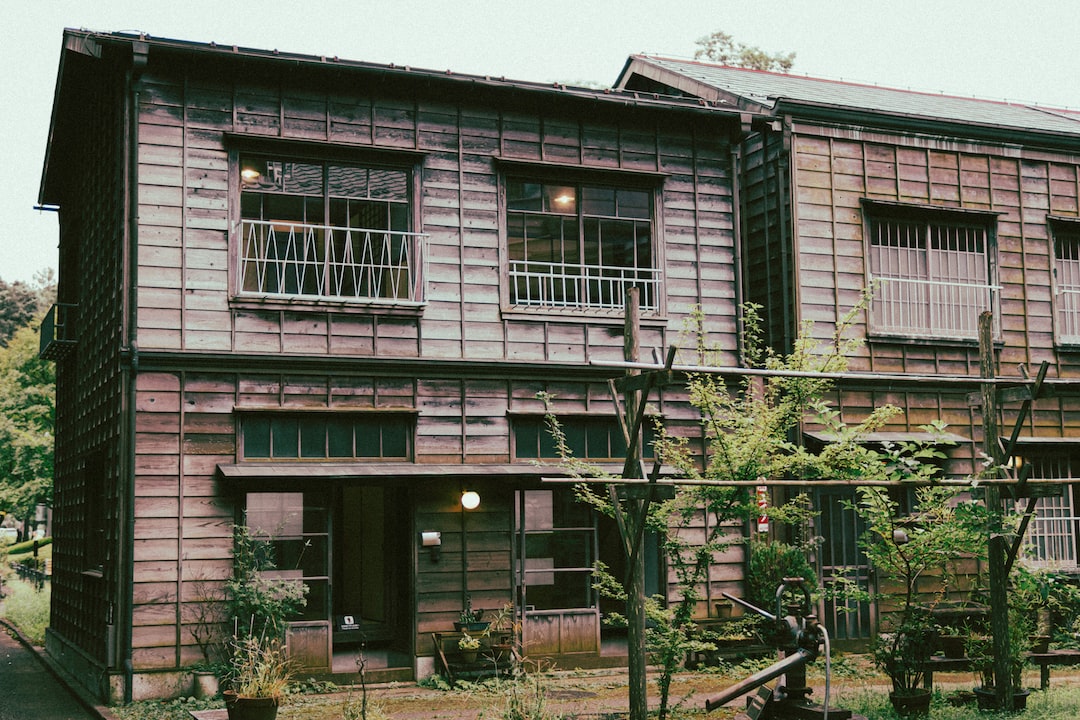Gardening enthusiasts know that maintaining healthy plants requires a variety of factors, including water, sunlight, and soil quality. One crucial aspect of soil quality that often goes unnoticed is its pH level. The importance of soil pH for successful gardening cannot be overstated, as it directly affects the availability of nutrients to plants and influences their overall health and growth.
Soil pH refers to its acidity or alkalinity level, which is measured on a scale from 0 to 14. A pH level below 7 is classified as acidic, while a pH level above 7 is alkaline. A pH level of 7 is considered neutral. The ideal soil pH for most garden plants falls within a slightly acidic to neutral range, around 6 to 7.5. However, this ideal pH level can vary depending on the type of plants you are growing.
One of the main reasons soil pH is critical for successful gardening is nutrient availability. The pH level in the soil affects the solubility of various nutrients. When the pH is too high or too low, certain essential nutrients become less available to plants, even if they are present in the soil. For example, acidic soils with a low pH may have an excess of aluminum and manganese, which can become toxic to plants and hinder their growth. On the other hand, alkaline soils with a high pH may have insufficient iron, copper, and zinc, resulting in nutrient deficiencies.
Furthermore, soil pH directly influences the activity of soil organisms, particularly beneficial bacteria and fungi. These microorganisms play a crucial role in breaking down organic matter and making nutrients accessible to plants. However, they are highly sensitive to pH levels. If the soil pH is drastically imbalanced, it can negatively impact the microbial community, disrupting the natural nutrient cycle, and impairing plant health.
To ensure successful gardening, it is essential to test your soil pH regularly. Soil testing kits are readily available, and they provide valuable insights into your soil’s pH level. Based on the results, you can adjust the pH to create the optimal conditions for your plants. If the soil is too acidic, you can amend it with materials like lime, wood ash, or dolomite lime to raise the pH. Conversely, if the soil is too alkaline, adding organic matter like compost or sulfur can help lower the pH.
In conclusion, maintaining the appropriate soil pH is a critical factor for achieving success in gardening. It affects nutrient availability, microbial activity, and, ultimately, plant health and growth. By ensuring that your soil’s pH level remains within the suitable range for your chosen plants, you can create a thriving garden that is both visually appealing and abundant in harvests. So, next time you embark on a gardening endeavor, don’t overlook the importance of soil pH and its impact on your plants’ well-being.
